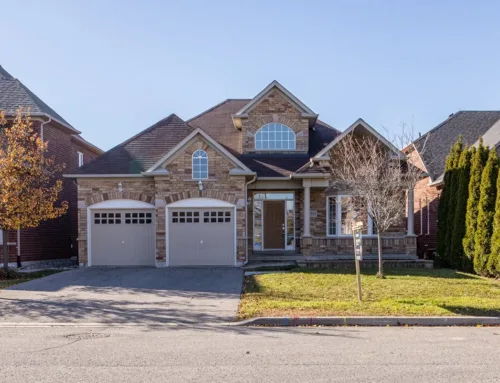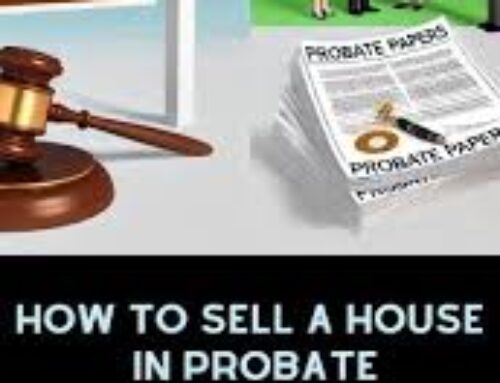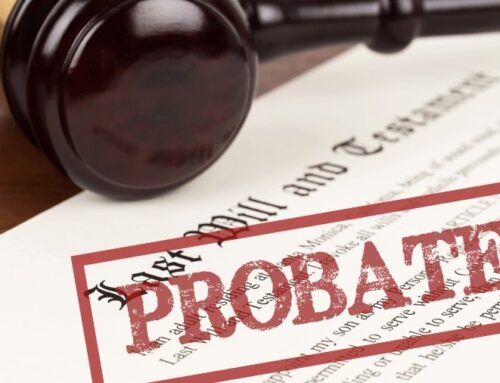Probate sales can be complex and often shrouded in misunderstanding. Whether you’re an executor managing a deceased loved one’s estate or a potential buyer interested in purchasing a property through probate, it’s crucial to separate fact from fiction. This blog will explore common misconceptions about probate sales, providing clarity on this often-misunderstood process. You can also know about ” How to navigate the probate sale process”
Common Misconceptions
1. Probate Sales Are Always Complicated
Many people believe that all probate sales are overly complicated and drawn out. While some probate cases can be complex, many are relatively straightforward, especially when there are clear directives in the will, minimal assets, and no disputes among heirs. Having a knowledgeable probate attorney and a good real estate agent can help simplify the process significantly.
2. You Can’t Sell a Property Until Probate Is Complete
A common myth is that a property cannot be sold until the entire probate process is complete. In reality, executors can list the property for sale before probate is finalized. However, the sale typically requires court approval, and the proceeds are managed according to probate laws.
3. Probate Properties Are Always in Poor Condition
Another misconception is that probate properties are in poor condition and require extensive repairs. While some homes in probate may need repairs due to neglect or the deceased’s financial situation, many properties are well-maintained. Executors often sell homes as-is, which can appeal to buyers looking for a fixer-upper or investment property.
4. The Sale Price Is Always Low
Some believe that properties sold in probate must be listed at a lower price to attract buyers. While probate properties may sometimes be priced competitively, there is no rule that mandates a lower sale price. The market conditions, property location, and condition all influence the asking price.
5. All Probate Sales Are Public Auctions
Many people think probate sales only occur through public auctions. While some jurisdictions may conduct auctions for certain properties, most probate sales are handled through traditional real estate listings. The process can be similar to selling any other home, involving negotiations and private showings.
6. Heirs Have No Say in the Sale
Some assume that once a property is in probate, heirs have no say in the sale. However, heirs are usually informed about the sale process, and their opinions may be considered, especially if there is a will stating the deceased’s wishes. Executors have a fiduciary duty to act in the best interest of the estate and its beneficiaries.
7. You Can’t Buy a Probate Property Until the Estate Is Settled
It is a common belief that buyers must wait until the estate is fully settled before purchasing a probate property. While the sale may require court approval, interested buyers can make offers during the probate process. This allows potential buyers to negotiate and secure a property even before the estate is settled.
Conclusion
Understanding the realities of probate sales can help demystify the process for both sellers and buyers. By addressing these common misconceptions, individuals can approach probate sales with more clarity and confidence. Whether you are managing an estate or considering a probate purchase, having accurate information is vital to making informed decisions.
FAQs
Q: How long does the probate process take?
A: The duration of the probate process can vary widely, from a few months to over a year, depending on the complexity of the estate and local regulations.
Q: Do I need a lawyer for a probate sale?
A: While it is not legally required to have a lawyer, hiring one experienced in probate matters can help navigate legal complexities and ensure compliance with local laws.
Q: Are probate properties sold as-is?
A: Yes, most probate properties are sold as-is, meaning buyers may need to handle repairs or renovations after the sale.
Q: Can I finance a probate property?
A: Yes, you can finance a probate property just like any other real estate purchase, but be prepared for potential complications during the approval process.
Q: What happens if there are disputes among heirs?
A: Disputes can complicate the sale process. In such cases, it may be necessary to seek mediation or legal guidance to resolve conflicts.
By dispelling these common misconceptions, individuals involved in probate sales can navigate the process more effectively, ensuring smoother transactions and better outcomes for all parties involved.
Get Personalized Assistance: “Need help with a specific issue? Our team is ready to assist—contact us now!”











